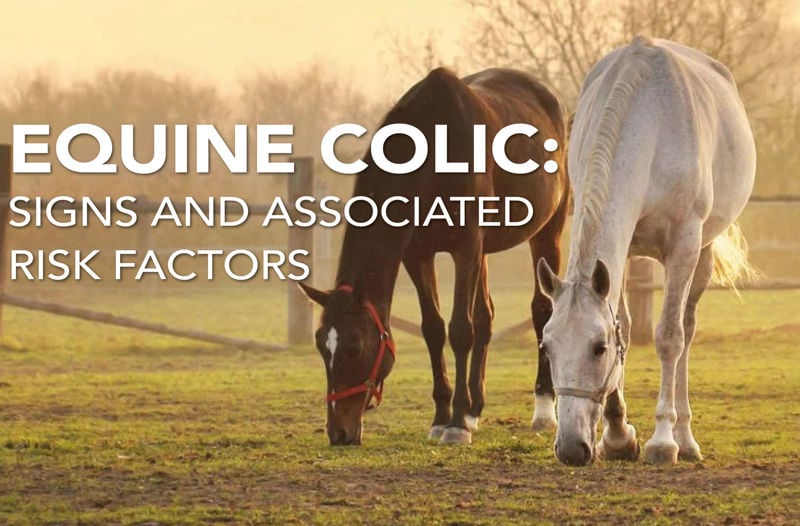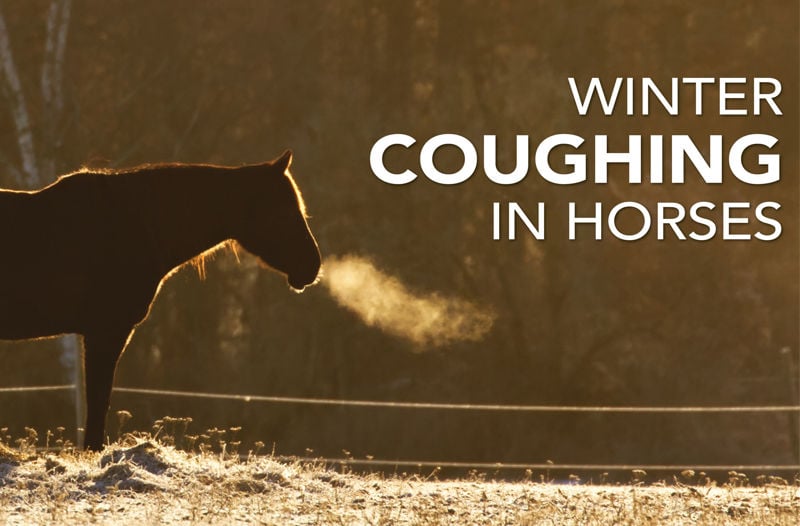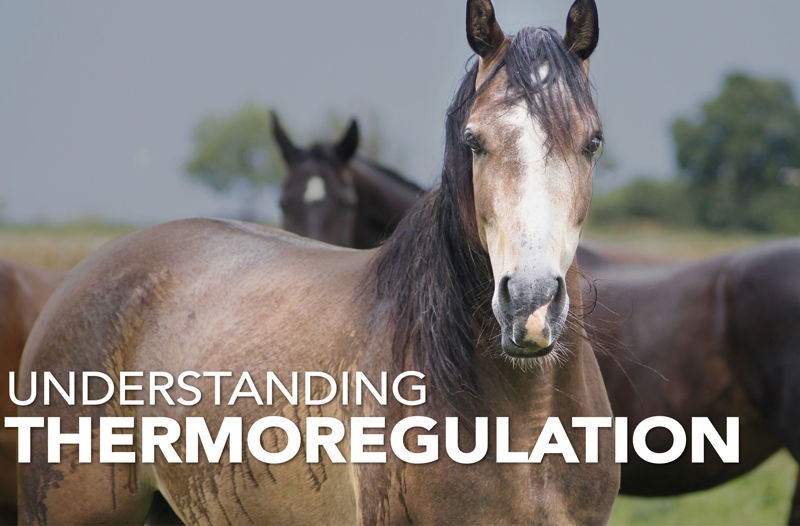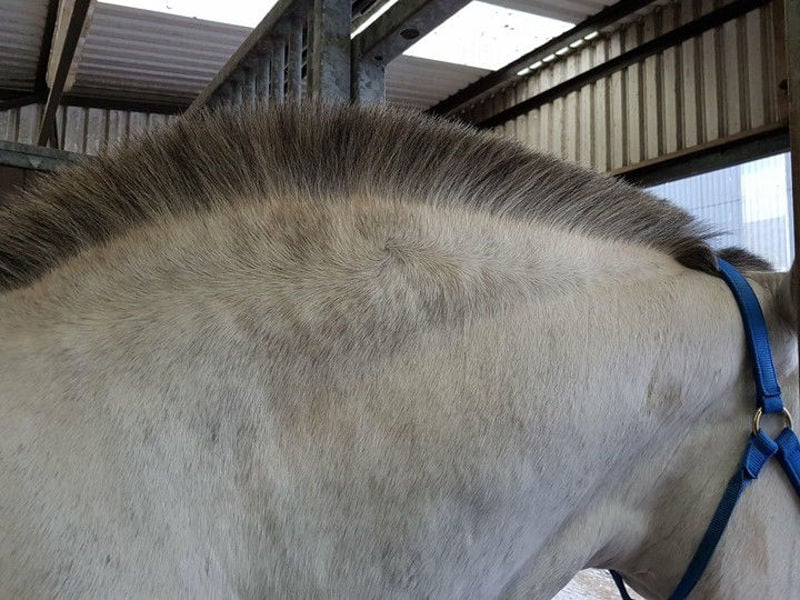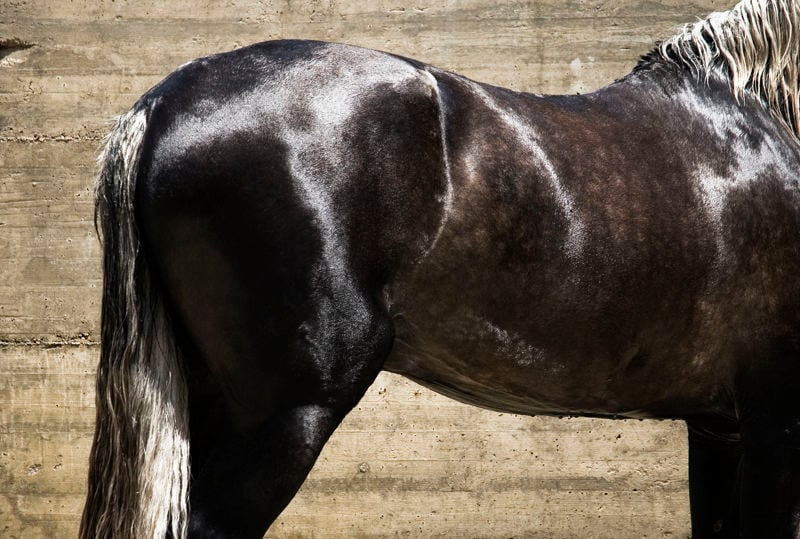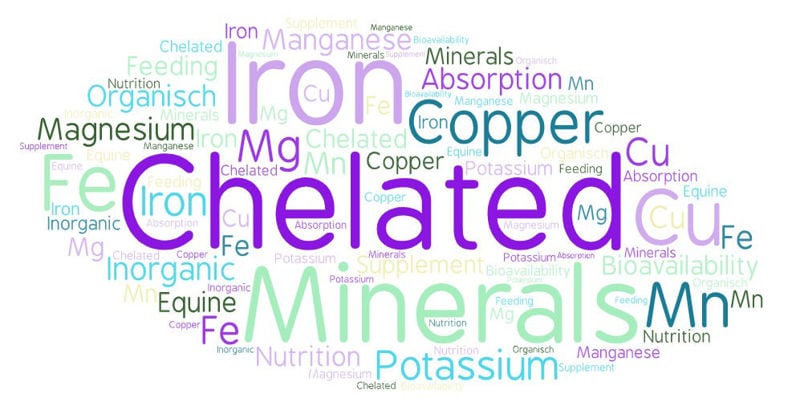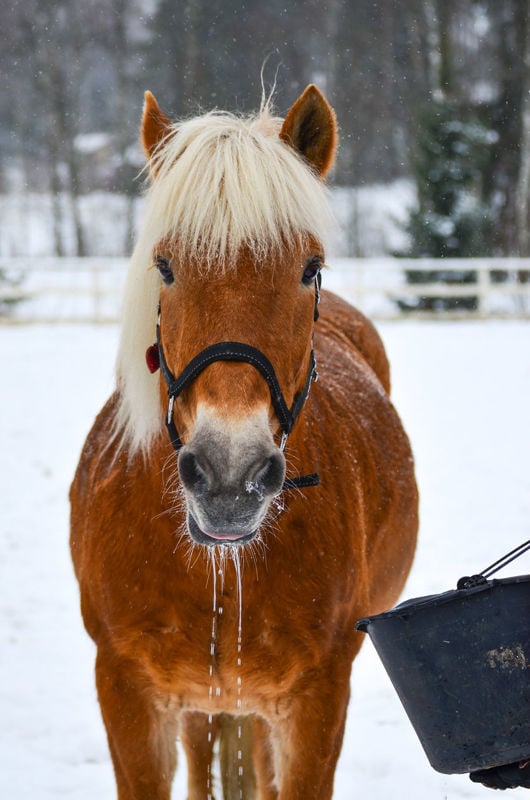This time of year has seen a large increase in colics due to drastic changes in the weather. If your horse is suffering from winter colic or you want some ideas on how to prevent them from dehydrating or getting a chill this winter, have a read...
Filters
Blog Options
Blog archive
- 2026
- 2025
- 2024
- 2023
- 2022
- 2021
- 2020
- 2019
- 2018
- 2017
- 2016
- 2015
Close
45 YEARS AT THE CENTRE OF EQUINE NUTRITION™

- Bespoke All-in-One™
-
Products
- Back
- Horse Joint Supplements
- Horse Digestion Supplements
- Horse Muscle Supplements
- Horse Vitamins & Minerals
- Horse Calming Supplements
-
Horse Respiratory Supplements
- Back
- Clarity®
- Horse Hoof Supplements
- Horse Skin & Coat Supplements
- Horse Health Supplements
- Supplements for Older Horses
- Horse Breeding Supplements
-
Horse Hormone Supplements
- Back
- Hormonease™
- Horse Treats
-
Herbs for Horses
- Back
- Boswellia
- Burdock Root
- Celery Seed
- Chamomile
- Chastetree Berry
- Cider Apple Vinegar
- Cinnamon
- Clivers
- Comfrey
- Dandelion Roots & Leaves
- Devil's Claw
- Echinacea
- Fenugreek Seeds
- Fussy Feeder
- Garlic Powder
- Hawthorn
- Hedge Herbs
- Liquorice
- Marigold Flowers
- Marshmallow Root
- Meadowsweet
- Milk Thistle Seeds
- Mint
- Nettle
- Rosehips
- Seaweed
- Slippery Elm
- Spirulina
- Turmeric
- Yucca
- Canine
- Gift Cards / Rewards
- ABOUT US
- Contact Us
- Knowledge base
Menu
-
Products
- Back
- Horse Joint Supplements
- Horse Digestion Supplements
- Horse Muscle Supplements
- Horse Vitamins & Minerals
- Horse Calming Supplements
-
Horse Respiratory Supplements
- Back
- Clarity®
- Horse Hoof Supplements
- Horse Skin & Coat Supplements
- Horse Health Supplements
- Supplements for Older Horses
- Horse Breeding Supplements
-
Horse Hormone Supplements
- Back
- Hormonease™
- Horse Treats
-
Herbs for Horses
- Back
- Boswellia
- Burdock Root
- Celery Seed
- Chamomile
- Chastetree Berry
- Cider Apple Vinegar
- Cinnamon
- Clivers
- Comfrey
- Dandelion Roots & Leaves
- Devil's Claw
- Echinacea
- Fenugreek Seeds
- Fussy Feeder
- Garlic Powder
- Hawthorn
- Hedge Herbs
- Liquorice
- Marigold Flowers
- Marshmallow Root
- Meadowsweet
- Milk Thistle Seeds
- Mint
- Nettle
- Rosehips
- Seaweed
- Slippery Elm
- Spirulina
- Turmeric
- Yucca
- Canine
- Gift Cards / Rewards
- ABOUT US
- Contact Us
- Knowledge base
Dr. Stephanie Hyland BSc (Hons)
 Call Stephanie Hyland MSc RNutr. or
Call Stephanie Hyland MSc RNutr. or
Sophie Pelham Burn MMedSci ANutr.
on 0800 585525 for
free qualified equine nutrition advice
 Call Stephanie Hyland MSc RNutr. or
Call Stephanie Hyland MSc RNutr. or
Sophie Pelham Burn MMedSci ANutr.
on 0800 585525 for
free qualified equine nutrition advice
Blog posts tagged with 'forage'
Does your horse have respiratory or metabolic issues? Do you know your horse's forage needs to be managed, but you don't know where to start? Soaking or Steaming your hay can both be effective ways to help your horses' forage-based issues, so in this week's article, we outlined the advantages and disadvantages of each method to help you decide.
We know all too well how some owners struggle to keep weight on their horses in winter. Some helpful tips and tricks to ensure your horses stays healthy this winter!
How do you safely restrict the diet of your good doer? Our Registered Nutritionists share the things that need to be remembered when placing your good doer on a diet.
What can you do to support your veteran horse or pony? Our Nutritionist shares some helpful and vital tips to help you care for your golden oldies and optimise their well-being.
Colic is a common veterinary problem. Feedmark's Nutritionist explores what colic is, the signs to look out for and its associated risk factors.
Does your horse have a winter cough? Our Registered Nutritionist discusses why your horse may be coughing this winter, and ways to manage it.
Autumn and winter months bring cold and wet weather to the UK which means management and routine changes for our horses. With the temperatures dropping, worries about how to keep horses warm and how to prevent unwanted weight loss start to creep in.
Discover the causes, symptoms, and management strategies for Equine Metabolic Syndrome (EMS). Learn how to care for horses with EMS and reduce the risk of complications like laminitis.
We consider how to maintain skin health in winter, common skin conditions that horse owners are likely to encounter, their treatment and what we can do to prevent them.
Minerals have important functions in the horse’s body and therefore are an essential part of the horses diet. Our nutritionist investigates the benefits of chelated minerals in equine nutrition.
Winter is a dark and cold time of year where keeping yourself and your horses warm becomes the main priority, probably the last thing on your mind is that your horse could become dehydrated. Assistant Nutritionist, Rebecca Allan, discusses how you can ensure your horse is kept hydrated throughout winter...
Copyright © 2026 Feedmark Ltd. All rights reserved.
Feedmark, Harleston, IP20 0NY
_800.png)
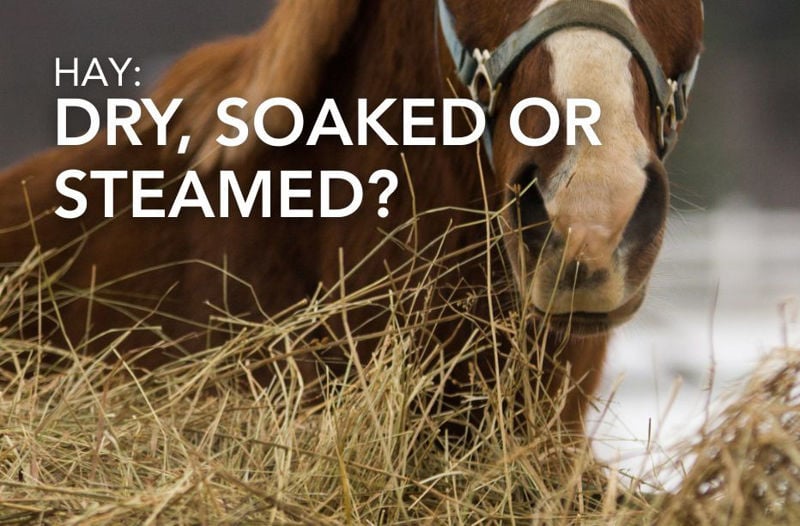
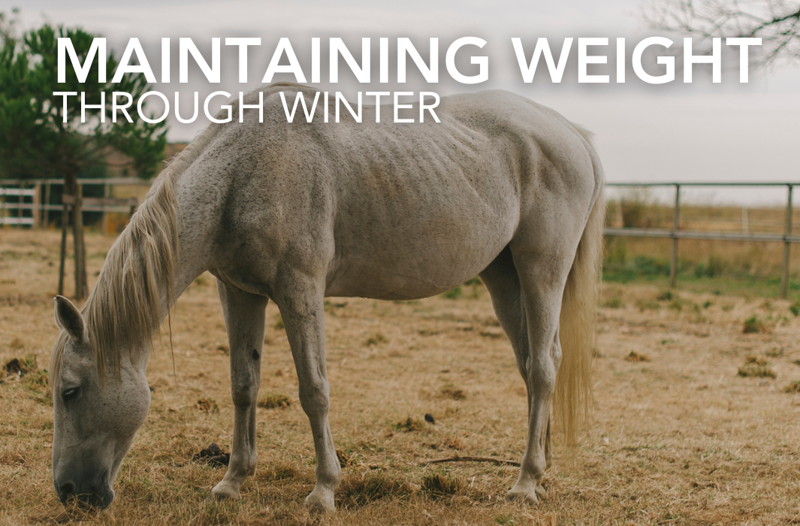
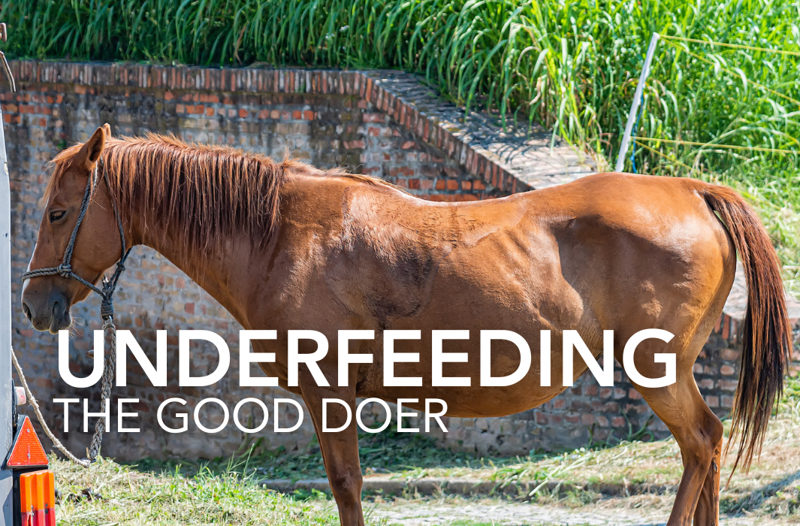
_800.png)
